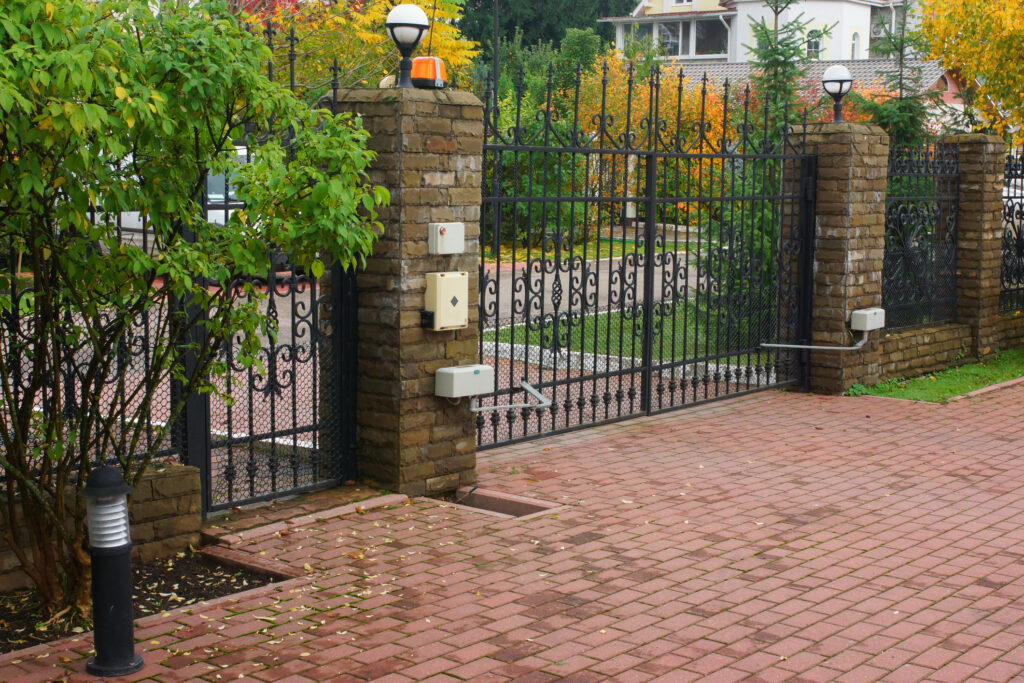What Is Private Mortgage Insurance (PMI)?
The purpose of private mortgage insurance (PMI) is to protect the lender in case you, the borrower, default on your monthly house payments. If you fail to pay, the insurance provider pays the lender. However, mortgage lenders don’t require all borrowers to get PMI. Consider the different circumstances where PMI is required and how this type of insurance works.
When You Need PMI
Low Down Payment
If you take out a conventional home loan and your down payment is less than 20 percent, lenders usually require you to get private mortgage insurance. In most cases, you pay a monthly premium until the loan-to-value (LTV) ratio hits 80 percent. (The LTV is simply the amount of money you borrow divided by the total value of the home.)
At that time, you can request a cancelation of the loan. Federal law requires the lender to tell you at closing how long it will take to reach 80 percent LTV. Lenders are required to automatically cancel the insurance policy once the balance reaches 78 percent.
FHA loans
FHA loans require a down payment of just 3.5 percent, so it’s a large draw for those who qualify. PMI is required to protect the lender. For FHA loans, you pay an upfront mortgage insurance premium (MIP) of 1.75 percent of the total loan, which can be financed as part of the loan amount. Then, you pay a monthly premium based on the length of the loan, the amount borrowed and the initial LTV. Usually, FHA loans require you to make PMI premium payments for the entire life of the loan.
Examples of Private Mortgage Insurance Payments
Insurance rates vary based on your down payment and credit score, usually ranging between 0.3 and 1.15 percent. The actual price is typically $30 to $70 per month for every $100,000 you borrow.
For example, imagine you buy a house for $150,000 and make a 10 percent down payment. This means you end up borrowing $135,000. The mortgage insurer you get your loan from charges an annual PMI premium of 0.8 percent for an annual premium cost of $1,080, or $90 per month.
Avoiding the Need for Private Mortgage Insurance
Paying private mortgage insurance premiums increases your monthly mortgage payments, so it’s worthwhile to avoid the requirement if you can. If you have the funds immediately available or can arrange funding from somewhere other than a lender (such as a family member or close friend), go ahead and make the traditional 20 percent down payment. This negates the need for PMI and helps keep your monthly mortgage payments low.
Private mortgage insurance can be confusing, especially because different lenders have different policies, and requirements vary depending on the type of home loan you acquire. Fortunately, the experts at Coakley Realty are here to answer your questions and clear up any confusion you might have. To learn more about PMI, please contact Coakley Realty today.



